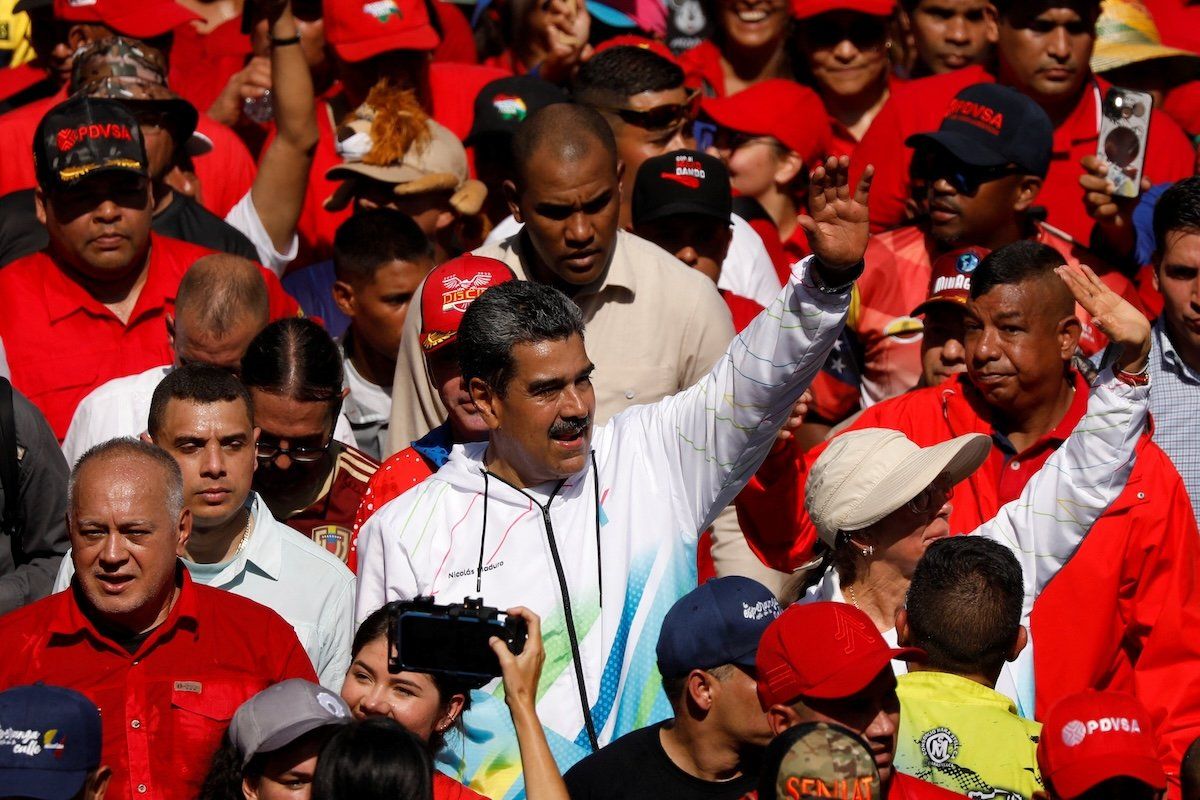Until about two weeks ago, Venezuelan strongman Nicolas Maduro looked like he’d managed to sideline the opposition enough to ensure a win in this summer’s presidential election.
His government had disqualified the leading opposition candidate, María Corina Machado. Then, for good measure, it banned her stand-in as well. The familiar specter of division and disorganization hung over the beleaguered opponents of Maduro, who has run Venezuela for more than a decade.
Then the opposition united to name the little-known, 74-year-old former diplomat Edmundo González Urrutia as their candidate. González has delegated most of his campaigning to Machado, and his popularity has soared. A poll over the weekend showed he already holds a 40-point lead over Maduro, with 62% of respondents saying they’d vote for him.
The government has already recognized him as a candidate, tarring him as an agent of “imperialism” – but that presents a problem. By moving against him, Maduro could overplay his hand in a country already reeling from economic mismanagement and US sanctions. But facing Gonzalez directly might leave Maduro vulnerable to the one thing a strongman can’t accept: losing.
